FAQs
Don's Tire Center
Have a tire-related question? We have the answer. Check out these FAQs and give Don's Tire Center a call today for more information!
What is the proper air pressure for my tires?
Tire pressure requirements vary significantly between different vehicles. For cars manufactured since 1968, you can typically find the recommended tire size and inflation pressure, including for the spare tire, on a vehicle placard. This placard is commonly located on the driver's side door jamb, glove box door, fuel door, or in the engine compartment. For Ford vehicles, this information is usually found on the rear passenger door jamb. Truck tire pressure depends on the vehicle's load, but general pressure guidelines can be found in the truck's manual. It's advisable to check tire pressure when the tires are cool, preferably before driving.Why is it important to rotate my tires?
Tire rotation is crucial for vehicles, especially those with front-wheel or four-wheel drive systems. While these drive systems provide excellent traction, they can cause uneven tire wear. Regular rotation helps prevent rear tire cupping and excessive wear on front tires. We suggest rotating your tires every 5,000 miles or every second oil change to maintain even wear and extend tire life.Why do some tires cost more than others?
Tire pricing varies widely within each category due to differences in quality, performance, and durability. Some tires offer longer tread life, others provide superior traction, while some are designed for high-performance driving. The best approach is to consult with a tire professional who can assess your specific needs and recommend the most suitable tire for your vehicle and driving habits.When should I replace my vehicle's tires?
Tire replacement is necessary when the tread depth reaches approximately 1/16 of an inch, which is about the height of a penny's head. This depth corresponds to the wear bars on most tires. Additionally, if you notice a decrease in performance during wet conditions or while cornering, it may be time to consider new tires.My tires have waves in the sidewall. Are the tires bad?
Sidewall undulations are typically normal and result from the overlapping joints in the tire's ply construction. These waves are more noticeable on tires with taller sidewalls. However, if you observe a knot or bubble on the sidewall, immediate tire replacement is necessary as this indicates a potential safety issue.Should I use special tires for my SUV?
SUVs present unique tire requirements due to their higher center of gravity and the added weight of four-wheel drive systems. Tire needs can vary based on intended use, with some SUVs requiring mud-terrain tires while others prioritize on-road performance. It's important to select tires specifically engineered for your SUV model, taking into account your typical driving conditions and preferences.How can I find out what wheels will fit my vehicle?
Wheel compatibility is primarily determined by your vehicle's drive system. Front-wheel drive vehicles typically use car wheels, while rear-wheel drive trucks and SUVs use a different wheel type. When considering new wheels, you might explore plus-one, -two, or -three sizes to enhance performance. However, be aware that larger wheels with shorter sidewalls can result in a firmer ride.How does the weather affect my tires?
Weather conditions have a significant impact on tire performance and longevity. High temperatures can stress tire materials, while cold weather can cause tire pressure to decrease. Wet conditions such as rain, snow, and ice reduce traction, emphasizing the need for tires in good condition to maintain safe driving performance across various weather scenarios.Can I change the size of my tires?
Increasing tire size is possible for most vehicles, but it's a complex process that should be entrusted to professionals. Considerations include compatibility with onboard computers, antilock brake systems, and fender clearance. It's also crucial to ensure the new tires can support the vehicle's weight. When done correctly, upsizing can improve both aesthetics and handling characteristics of your vehicle.Is the alignment of the vehicle important?
Vehicle alignment is crucial for optimal performance and tire longevity. Proper alignment ensures all four wheels work in unison, improving handling, steering response, fuel efficiency, and promoting even tire wear. We recommend annual alignment inspections and immediate corrections when needed. Additional alignment checks are advisable after incidents such as hitting a pothole or curb, or if you notice the vehicle pulling to one side or the steering wheel being off-center.

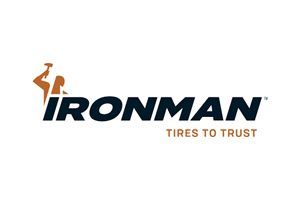
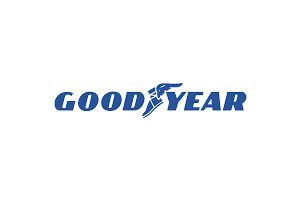
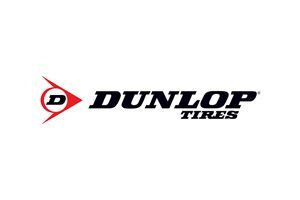
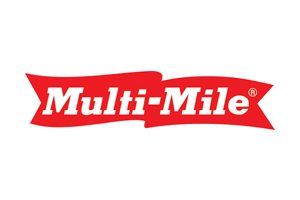
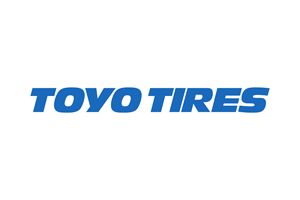
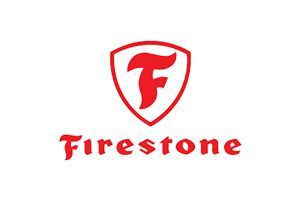
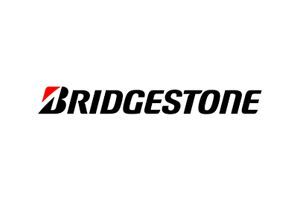


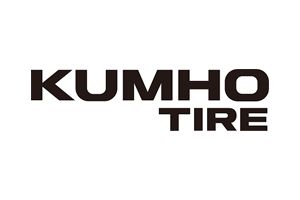
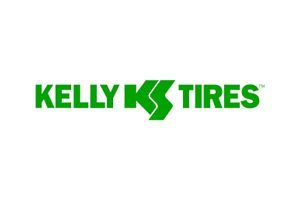
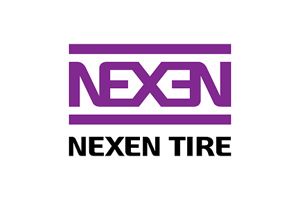
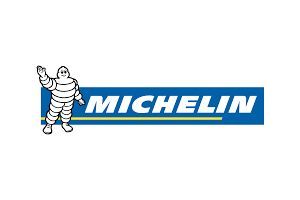

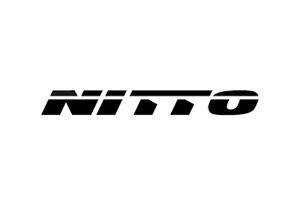

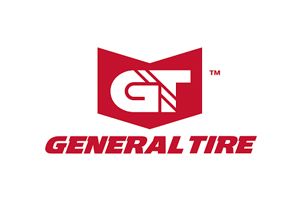
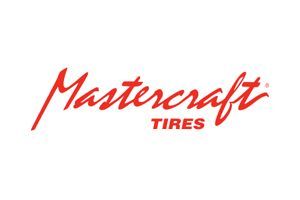
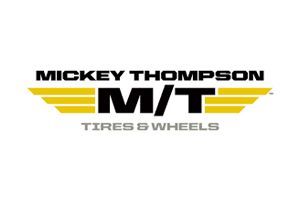
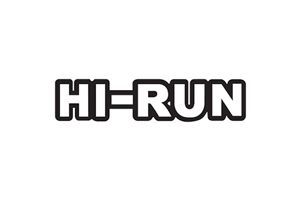
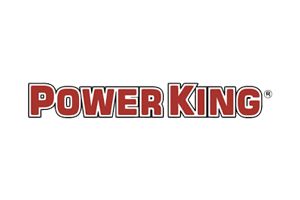
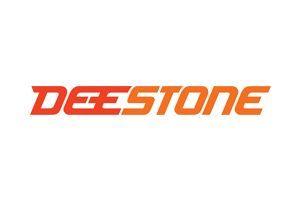
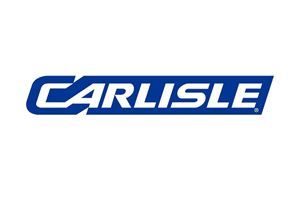
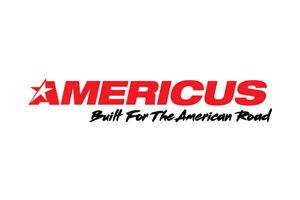

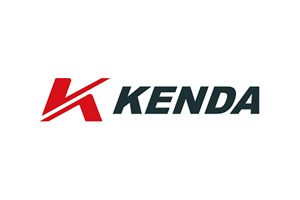
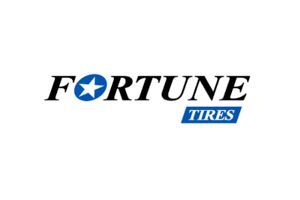
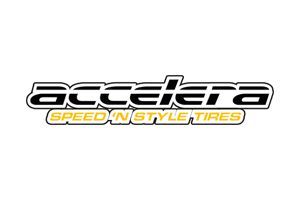
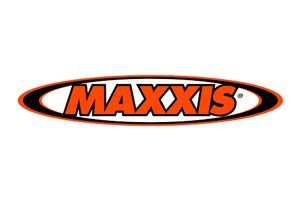
Share On: